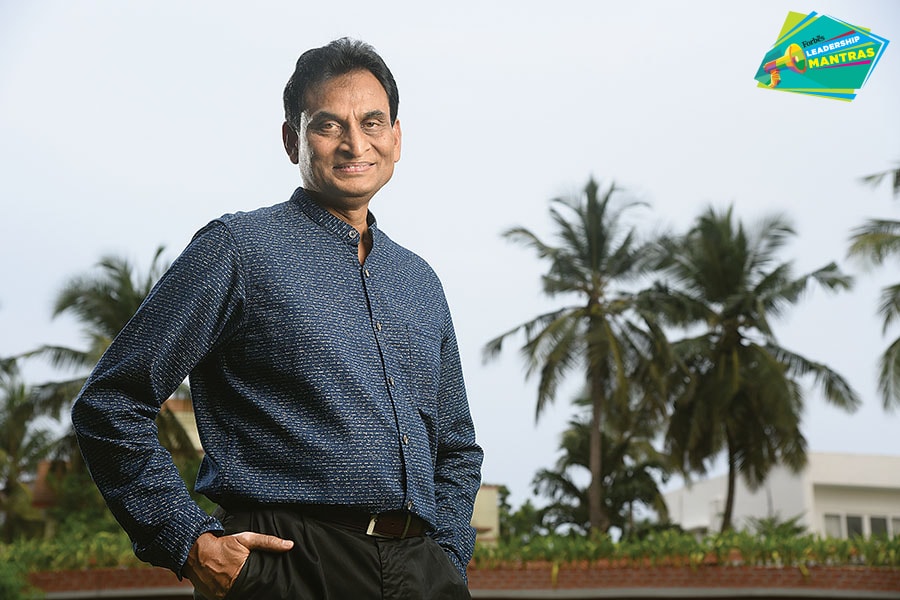
Innovation is the only way to grow: CavinKare's CK Ranganathan
The CMD of CavinKare, talks about the experiences and qualities that make a good leader
 CK Ranganathan emphasises on investing in R&D
CK Ranganathan emphasises on investing in R&D
The idea of selling consumer products in sachets in the 1970s and 80s revolutionised the way FMCG companies catered to customers in rural India. Through CavinKare, CK Ranganthan took this concept to new heights, and in the process, built an FMCG company that is resilient, and in many ways, iconic.
On the show Leadership Mantras with Forbes India, he talks about starting the company with Rs15,000, overcoming an inferiority complex, how local FMCG pioneers have made a difference, and what it takes to lead and diversify a consumer brand in a competitive market. Edited excerpts:
Q. Can you take us through the early days of setting up CavinKare?
After graduating, I joined my family business, where my brothers gave me the responsibility of manufacturing. I didn’t know anything about it... it was just a small outfit of about seven to eight people working in the factory, that’s all.
I grew [up] with a lot of inferiority complex because of my lack of English knowledge and poor academic track record. My brothers used to do very well. All these things had given me the [impression] that I’m academically weak and inferior [to them].









